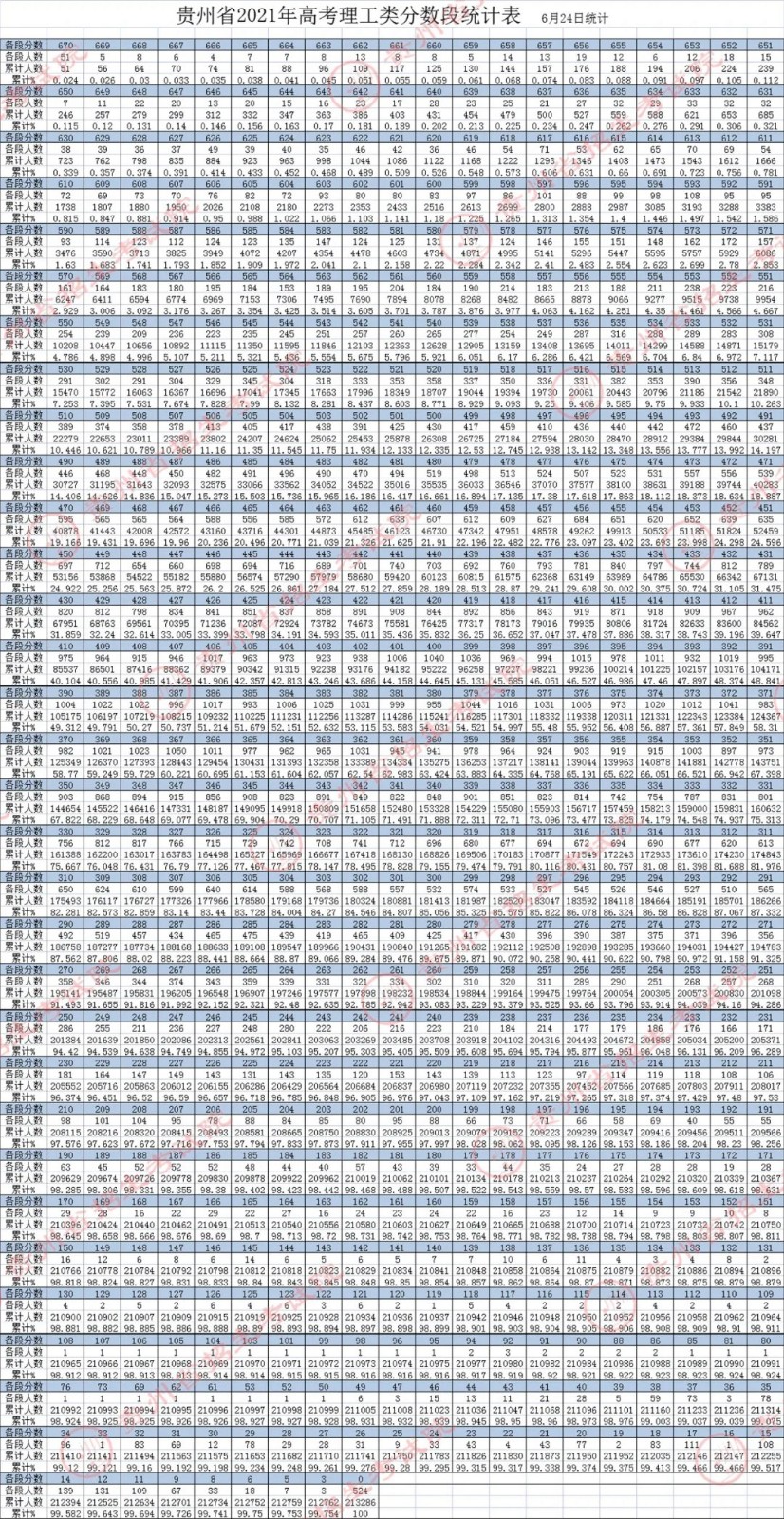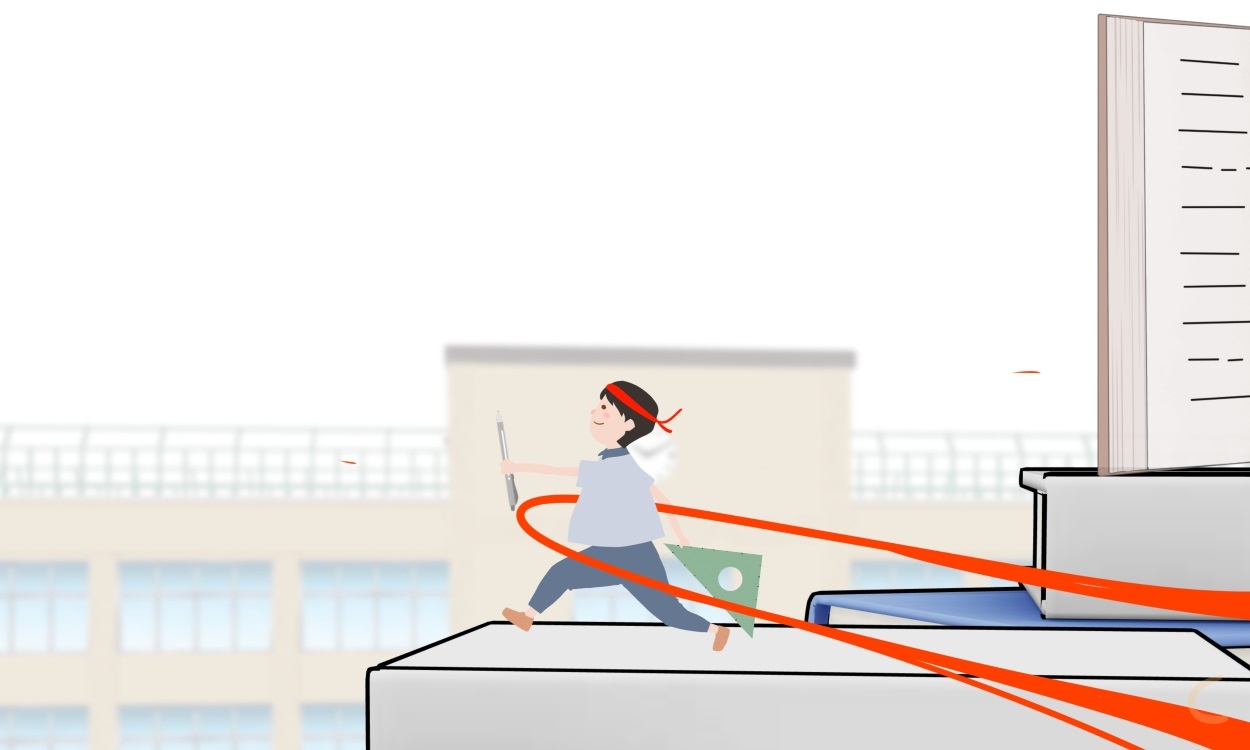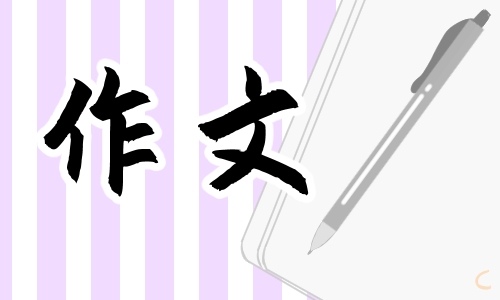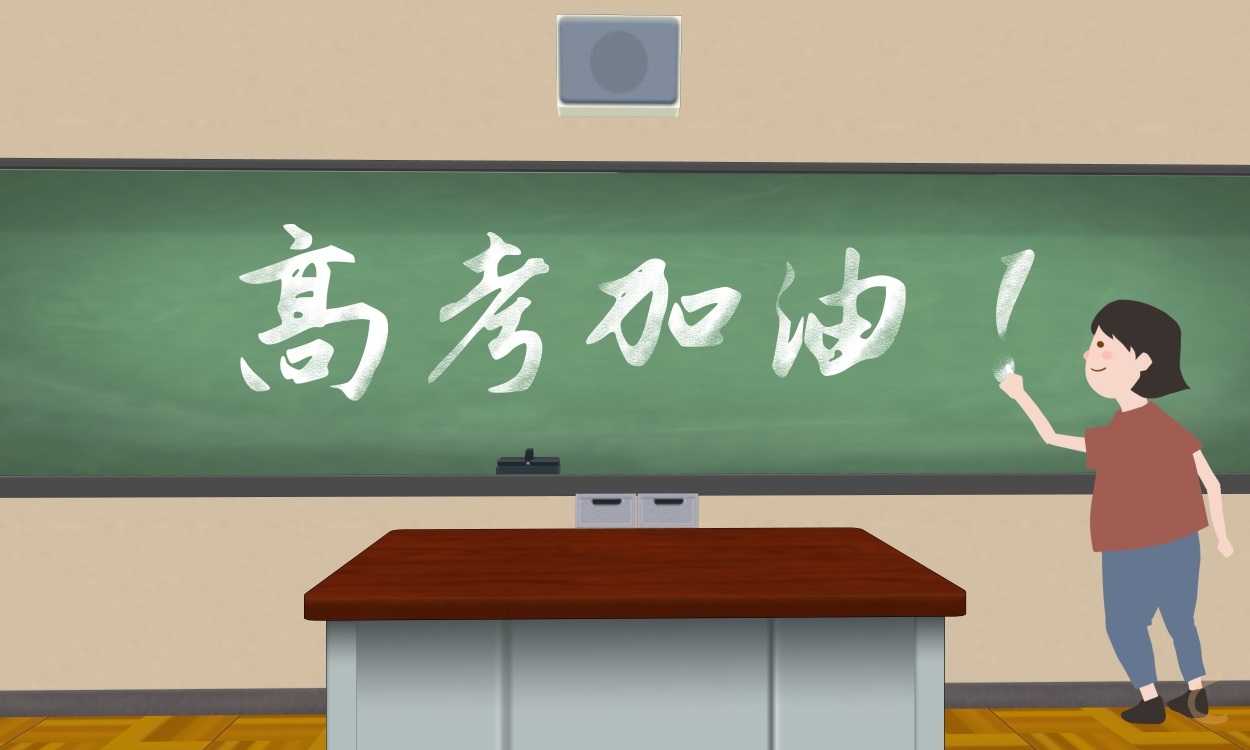2023高考英语考试必考知识点归纳
高考英语考试重要的知识点考点是哪些内容呢?让我们试着把英语考点知识归纳出来吧。下面是小编为大家整理的关于高考英语考试必考知识点,欢迎大家来阅读。
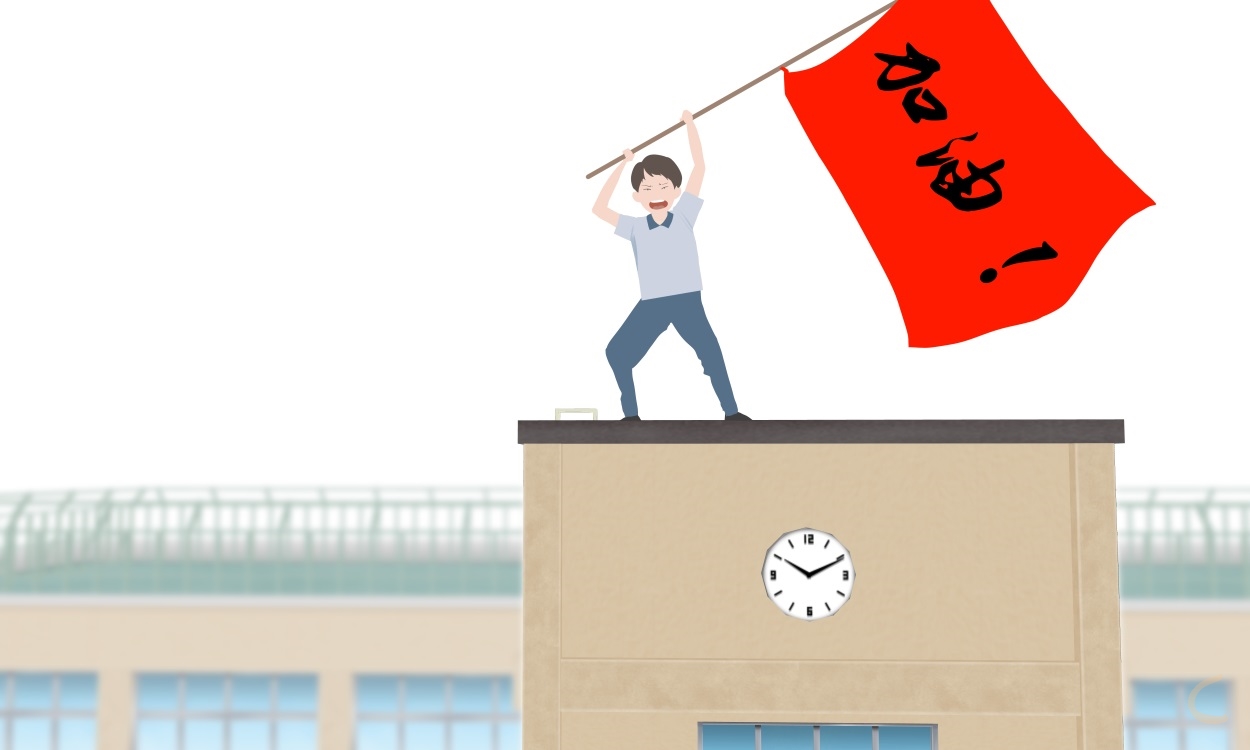
高考英语知识点归纳
一、不定冠词的用法
冠词是虚词,本身不能单独使用,也没有词义,它用在名词的前面,帮助指明名词的含义。英语中的冠词有三种,一种是定冠词(the Definite Article),另一种是不定冠词(the Indefinite Article),还有一种是零冠词(Zero Article)。
不定冠词a (an)与数词one 同源,是"一个"的意思。a用于辅音音素前,一般读作[e],而an则用于元音音素前,一般读做[en]。
1) 表示"一个",意为one;指某人或某物,意为a certain。
A Mr. Ling is waiting for you.
2) 代表一类人或物。
A knife is a tool for cutting with. Mr. Smith is an engineer.
3) 词组或成语。
a little / a few / a lot / a type of / a pile / a great many / many a / as a rule / in a hurry / in a minute / in a word / in a short while / have a cold / have a try / keep an eye on / all of a sudden
二、定冠词的用法
定冠词the与指示代词this,that同源,有"那(这)个"的意思,但较弱,可以和一个名词连用,来表示某个或某些特定的人或东西。
1)特指双方都明白的人或物: Take the medicine. 把药吃了。
2)上文提到过的人或事: He bought a house. I've been to the house. 他买了幢房子。我去过那幢房子。
3)指世上独一物二的事物: the sun, the sky, the moon, the earth
4)单数名词连用表示一类事物,如:the dollar 美元;the fox 狐狸;或与形容词或分词连用,表示一类人:the rich 富人
5)用在序数词和形容词最高级,及形容词only, very, same等前面:
Where do you live? I live on the second floor. That's the very thing I've been looking for.
高考英语必备知识点
一、将来完成进行时
1.概念:表示动作从某一时间开始一直延续到将来某一时间。是否继续下去,要视上下文而定。
2.基本结构:shall/will have been doing
3.例子:I shall have been working here in this factory for twenty years by the end of the year.到今年年底,我将在这个工厂工作20年了。
If we don't hurry up the store will have been closing before we get there. 咱们如不快一点儿,等我们到了那儿,店门就会关了。
二、 过去将来完成进行时
1.概念:表示从过去某时看至未来某时以前会一直在进行的动作。
2.基本结构:should/would + have + been +现在分词
3.例子:He told me that by the end of the year he would have been living there for thirty years.他告诉我,到年底时,他就在那住了30年了。
高中英语必修三语法知识
使用被动语态应注意的几个问题:
1. 不及物动词无被动语态。
What will happen in 100 years.
The dinosaurs disappeared about 65 million years ago.
2. 有些动词用主动形式表示被动意义。
This pen writes well.
This new book sells well.
3. 感官动词或使役动词使用省略to的动词不定式,主动语态中不带to ,但变为被动语态时,须加上to 。 例:make somebody do something→somebody+ be +made to do something
see somebody do something→somebody +be +seen to do something
A girl saw my wallet drop when she passed by.→My wallet was seen to drop by a girl when she passed by. The boss made the little boy do heavy work.→The little boy was made to do heavy work by the boss.
4. 如果是接双宾语的动词改为被动语态时,直接宾语(物)作主语,那么动词后要用介词,这个介词是由与其搭配的动词决定。
He gave me a book.→A book was given to me by him.
He showed me a ticket.→A ticket was shown to me by him.
My father bought me a new bike. →A new bike was bought for me by my father.
高考英语知识点笔记
比较一般过去时与现在完成时
1)一般过去时表示过去某时发生的动作或单纯叙述过去的事情,强调动作;现在完成时为过去发生的,强调过去的事情对现在的影响,强调的是影响。
2)一般过去时常与具体的时间状语连用,而现在完成时通常与模糊的时间状语连用,或无时间状语。
一般过去时的时间状语:yesterday, last week,…ago, in1980, in October, just now等,皆为具体的时间状语。
现在完成时的时间状语:for, since, so far, ever, never, just, yet, till/until, up to now, in past years, always等,皆不确定的时间状语。
共同的时间状语:this morning, tonight, this April, now, already, recently, lately 等。
3)现在完成时可表示持续到现在的动作或状态,动词一般是延续性的,如live, teach, learn, work, study, know.。
一般过去时常用的非持续性动词有come, go, leave, start, die, finish, become, get married等。例如:
I saw this film yesterday. (强调看的动作发生过了)
I have seen this film. (强调对现在的影响,电影的内容已经知道了)
Why did you get up so early? (强调起床的动作已发生过了)
Who hasn't handed in his paper? (强调有卷子未交,疑为不公平竞争)
He has been in the League for three years. (在团内的状态可延续)
He has been a League member for three years. (是团员的状态可持续)
句子中如有过去时的时间副词(如yesterday, last,
高考的英语知识点
用来作主语的句子叫做主语从句。如:
(1)When he was born is unknown. 他生于何时还不知道。
(2)What he did last night is being investigated. 他昨天晚上干了些什么正在调查之中。
在主语从句中须注意:
1. 主语从句一般用it作形式主语,放在句首,而将主语从句放到句末。如:
(1)It is possible that he has stolen the car. 很可能他偷了小车。
(2)Isn’t it strange that he should not have passed the test? 他测试没有通过,难道不奇怪吗?
2. if引导主语从句时,只能用it作形式主语,放在句首,而将if引导的主语从句放到句末。如:
It is uncertain if he will leave for Beijing tomorrow. 明天他是否去北京还不敢肯定。
3. that引导主语从句放在句首时,that不可省,但在句末口语中可省。如:
That he was ill yesterday is known now. 大家都已知道他昨天生了病。
4. 连接代词引导主语从句只能放在句首。如;
(1)Who has broken the glass is unknown. 谁打破了玻璃现在还不知道。
(2)What he wants is all here. 他所要的东西都在这里。
5. 主语从句中主句的谓语动词一般用第三人称单数形式,但what引导主语从句的主句谓语动词的形式须根据句子的意思来判断。如
(1)How he worked it out is still a secret. 他是如何把它做出来的还是一个秘密
(2)What they makes in this factory are TV sets. 他们在工厂里所做的东西就是电视机。
高考英语必背语法知识点
一、不定式做主语:
1、不定式做主语一般表示具体的某次动作。动名词doing表示习惯的,经常的动作。
e.g:Tofinishthebuildinginamonthisdifficult.
Todosuchthingsisfoolish.
Toseeistobelieve.(对等)
注:1).不定式作主语时,谓语用单数
2).当主语较长,谓语较短时,常用it做形式主语,而将不定式放到谓语的后面。
it做形式主语,不定式放在谓语动词之后常用于下列结构中:
(1)Itis/was+adj.+ofsb.todo…
(2)Itis+adj.+forsb.+todo…
Itiseasy/difficult/hard/foolish/unwise/right/wrong/unnecessary
(3)itis+a+名词+todo...
Itisapity/apleasure/apleasantthing/one’sduty/anhonor/ashame/acrime/noeasyjob…todo
Ittakes(sb.)sometime/courage/patience…todo…
Itrequirescourage/patience/hardwork…todo…
注意:probable和possible均可作表语,但possible可以用不定式作真实主语,而probable不能用不定式作真实主语。
Itisprobableforhimtocometothemeeting.(错)
Itispossibleforhimtocometothemeeting.
Itispossible/probablethathewillcometothemeeting.
高中英语知识点总结
十六种时态:
一般现在时,一般过去时,一般将来时,一般过去将来时;
现在进行时,过去进行时,将来进行时,过去将来进行时;
现在完成时,过去完成时,将来完成时,过去将来完成时;
现在完成进行时,过去完成进行时,将来完成进行时,过去将来完成进行时.
一、一般现在时:take形式为原形
例子:It take sme five years to finish the painting。
这幅画花了我十年功夫
1.概念:经常、反复发生的动作或行为及现在的某种状况。
2.时间状语:always,usually,often,sometimes,everyweek(day,year,month…),once a week,on Sundays,
3.基本结构:动词原形(如主语为第三人称单数,动词上要改为第三人称单数形式)
二、一般过去时:take形式为took.
1.概念:过去某个时间里发生的动作或状态;过去习惯性、经常性的动作、行为。
2.时间状语:ago,yesterday,the day before yesterday,lastweek,last(year,night,month…),in1989,just now,at the age of 5,one day,long long ago,once up on a time,etc.
3.基本结构:be动词;行为动词的过去式
三、现在进行时:take形式为am/is/are taking
1.概念:表示现阶段或说话时正在进行的动作及行为。
2.时间状语:now,at this time,these days,etc.
3.基本结构:am/is/are+doing
四、过去进行时:take形式为was/were+taking
1.概念:表示过去某段时间或某一时刻正在发生或进行的行为或动作。
2.时间状语:at this time yesterday,at that time或以when引导的谓语动词是一般过去时的时间状语等。
3.基本结构:was/were+doing
五、现在完成时:take形式为have/has+taken
1.概念:过去发生或已经完成的动作对现在造成的影响或结果,或从过去已经开始,持续到现在的动作或状态。
2.时间状语:recently,lately,since…for…,in the past few years,etc.
3.基本结构:have/has+done
六、过去完成时:take形式为had+taken
1.概念:以过去某个时间为标准,在此以前发生的动作或行为,或在过去某动作之前完成的行为,即“过去的过去”。
2.时间状语:before,by theendoflastyear(term,month…),etc.
3.基本结构:had+done.
七、一般将来时:take形式为:am/is/are/goingto+take;will/shall+take
1.概念:表示将要发生的动作或存在的状态及打算、计划或准备做某事。
2.时间状语:tomorrow,nextday(week,month,year…),soon,inafewminutes,by…,thedayaftertomorrow,etc.
3.基本结构:am/is/are/goingto+do;will/shall+do.
八、过去将来时:take形式为:was/were/goingto+take;would/should+take
1.概念:立足于过去某一时刻,从过去看将来,常用于宾语从句中。
2.时间状语:thenextday(morning,year…),thefollowingmonth(week…),etc.
3.基本结构:was/were/goingto+do;would/should+do.
九、将来完成时:take形式为:begoingto/will/shall+havetaken
1.概念:在将来某一时刻之前开始的动作或状态
2.时间状语:bythetimeof;bytheendof+时间短语(将来);bythetime+从句(将来)
3.基本结构:begoingto/will/shall+havedone
十、现在完成进行时:take形式为:have/has+been+taking
1.概念:在过去某一时刻之前开始的动作或状态一直持续到说话为止
2.基本结构:have/has+been+doing
十一、过去将来完成时:take形式为:should/wouldhavetaken
基本构成形式:should/would+havedone
十二、将来进行时。:take形式为:shall/willbe+taking
基本够成形式::shall/willbe+doing
十三、过去将来进行时:take形式为:should/wouldbe+taking
基本够成形式:should/wouldbe+doing
十四、过去完成进行时:take形式为:hadbeen+taking
基本够成形式:hadbeen+doing
十五、将来完成进行时:take形式为:shall/willhavebeen+taking
基本够成形式:shall/willhavebeen+doing
十六、过去将来完成进行时:take形式为:should/wouldhavebeen+taking
基本够成形式:should/wouldhavebeen+doing
高考英语重要短语归纳
1. take after长相或举止像(某个长辈)(不用进行时)
Mary really takes after her mother;she has the same eyes,nose and hair.玛丽真像她妈妈,眼睛、鼻子和头发都一个样。
2. take apart把(小型机器、钟表等)拆开;拆散;(在体育运动或比赛中)把……彻底打败;对……苛求;严厉批评Take the watch apart and see if you can see what‘s wrong with it.把手表拆开来看看你能不能检查出什么毛病。
England was really taken apart by Italy in last night‘s match.在昨晚的比赛中,英格兰队可谓给意大利队打得溃不成军了。
3. take as看作,认为(=regard / consider / look on / treat …… as)
I took your nod as a sign of approval.我把你的点头看作是同意的表示了。
4. take away拿走;使停学,使离开;使消失;减去The child was taken away(辍学)from school. Now I‘ll give you some tablets to take away(使消失)the pain.
Take away(减去)2 from 4 and you get 2.
take away from贬低(有益或令人满意之事物)的作用His refusal to accept the prize does not take away from his success in winning it.他拒绝领奖无损于他赢得此奖的斐然成绩。
5. take back承认说错了(话),收回(诺言、话语);使回忆起;送回,还回去;退(货)
I‘m sorry I was rude;I take back everything I said.对不起我失礼了,我承认我所说的全都错了。
Seeing that old film really took me back!观看那部旧电影的确使我回想起了过去的岁月。
6. take down拿下,取下;记下来;褪下(裤子等穿于腰以下的衣物);把(大型机器或大物件)拆成零部件;把……拆卸开(tear down推倒;拆毁pull down拆毁)
When the picture was taken down,the wall looked very bare.把那幅画取下来后墙壁就显得毫无装饰了。
We‘ll have to take the engine down to get to the gearbox.我们得先拆卸发动机,才能接触到变速箱。
7. take in接待(某人)留宿;欺瞒,欺骗;充分理解,掌握;把(衣服)改窄(let out加宽,放长,加大);包含,包括He had nowhere to sleep so we offered to take him in.他没有地方可睡,我们于是就提出让他留宿。
Don‘t be taken in by his promises.不要被他的许诺所蒙骗!
It took me a long time to take in what you were saying.我费了好长时间才弄明白你所说的话。
My dress is a bit loose round the waist—could you take it in for me?我衣服的腰围有点宽松,你能给我改窄一些吗?
This is the total cost of the holiday,taking everything in.这是度假的全部费用,一切都包括在内。
8. take off脱下,脱去(尤指衣服);解(拿)掉(put on穿上);(飞机等)升空,起飞;休假;歇(……天)假;请假;开始有成就;开始受欢迎;开始成名;打折扣;(尤指为了逗笑而)模仿(某人)的谈吐、举止等I‘m taking Thursday off because I’m moving into a new house.我星期四休假,因为我要搬家。
It was at this point that her acting career really took off.正是从这个时候起,她的表演生涯真正开始走红了。
His shopkeeper took off 5 percent discount for each.他的店员把每样东西都打折了5%. The actor made everyone laugh by taking off the members of the royal family.这个演员模仿某些王室成员,结果逗引得人人发笑。
9. take on开始雇用;开始具有/呈现(某种品质、面貌等);露出;接受(工作等);承担(责任等);开始和……争吵(斗殴、作对、较量等)
We‘ve decided to take on a new clerk in the accounts department.我们已决定在会计部雇用一名新职员。
His face took on a worried expression.他的脸上露出了担忧的表情。
My doctor says I‘m too tired and has advised me not to take any more work on.医生说我疲劳过度,劝我不要再干更多的工作。
The trade union made the mistake of trying to take on the government.工会犯了试图和政府抗争的错误。
The bus took on more passengers.公共汽车搭载更多乘客了。
10. take out带(某人)去(某处参加社交活动等);正式取得,领得,获得;洗去(污迹),使褪色I‘m taking the children out to the theatre tonight.今晚我带孩子们去看戏。
Mary and John took out a marriage license.玛丽和约翰正式领了结婚证。
He took out the pencil marks from his drawing.他擦去了他的画上的铅笔迹。
11. take over接手,接任;接管
Who do you think will take over now that the governor has been dismissed?州长已被免职,你看会由谁来接任呢?
12. take to (尤指立刻)对……产生好感,喜欢上;染上……习惯(嗜好等);到(某处)休息;到……躲藏;逃往I took to Paul as soon as we met.我一见到保罗就对他有好感。
All this gloomy news is enough to make you take to drink.所有这些令人沮丧的消息都足以使人酗起酒来。
Father‘s ill,so he’s taken to his bed.爸爸病了,因此卧床休息了。
13. take up开始花时间从事(某项活动);对……产生兴趣;开始学习(某课程),选修;(事物或事件)占用了(时间或空间);接受……的建议;继续John took up acting while he was at college.约翰在上大学时开始喜欢上演戏了。
The job took up most of Sunday.这项工作占用了大半个星期天。
Why don‘t you take him up on his offer of a meal?你为什么不接受他的邀请去吃饭呢?
I‘ll take up the story where I finished yesterday.这个故事我会从昨天讲完的地方继续讲下去。
14. take …… for / to be …… (错)当作,以为是(mistake …… for ……)
I took him for his brother. They are extremely alike.我把他误作是他弟弟,他们很像。
15. take a chance碰碰运气,冒……风险
16. take a deep / long breath深吸一口气(以鼓起勇气或仔细考虑)
17. take a hand in干预
18. take a load / weight off sb.‘s mind使放心/安心
19. take a risk / risks冒风险
20. take a seat坐下
21. take a vote投票表决
22. take an interest in对……有兴趣
23. take steps / measures to do sth.采取措施做某事
24. take action (on)(对……)采取行动
25. take advantage of利用;占……的便宜;不正当地利用
26. take aim (at)瞄准
27. take …… by surprise奇袭;出其不意地做某事;使……惊奇
28. take care当心(= look out / be careful )
29. take care of照顾,料理;处理,对付;当心
30. take charge of负责;接管
31. take cold感冒,伤风
32. take control of控制住,管住
33. take delight / pleasure in以……为乐;喜欢
34. take effect开始起作用;开始生效
35. take …… for granted想当然地认为(会是某种情况);认为……是理所当然的;认为没有问题
36. take …… for instance / example以……为例
37. take hold of抓住;吸引住
38. take …… into account / consideration考虑到,把……考虑进去
39. take it / things easy慢慢来,不要过于紧张/劳累,沉住气
40. take it or leave it要不要都行;要么要,要么不要;不要还价
41. take note (of)把……记下来
42. take notice (of)注意;理会
43. take notes作记录;记笔记
44. take / come into office就职,上任
45. take one‘s breath away令人惊异,令人叹为观止
46. take one’s chance(s)碰碰自己的运气
47. take one‘s time慢慢来,从容不迫
48. take pains费尽力气,煞费苦心,尽力设法I took pains to explain the facts clearly.
49. take (the)trouble费事,下工夫You must have taken a lot of trouble to find out what was true.
50. take part (in)参加,参与
51. take pity on / upon可怜,怜悯(show mercy to / have mercy on)
52. take place发生,举行
53. take pride in (be proud of)为……感到自豪/骄傲
54. take one‘s place代替某人
55. take the opportunity利用这个机会I shall take the first opportunity of seeing you. He may take the opportunity to point out that ……
56. take turns轮流(做某事)
They took turns to look after the baby. The two boys took turns at digging the hole.
57. take sides支持;偏袒You always take sides with brother without even listening to me.你总是偏袒弟弟,根本不听我的。
58. I take it (that)我想;我认为I take it you‘ve heard that the mayor’s resigned.我想你已听说市长已经辞职了。
高考英语考试必考知识点归纳
下一篇:返回列表

